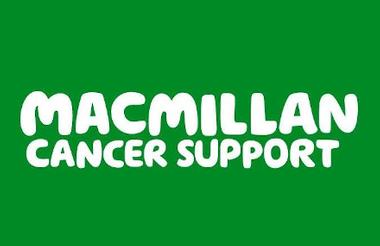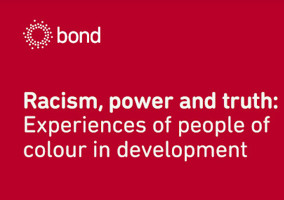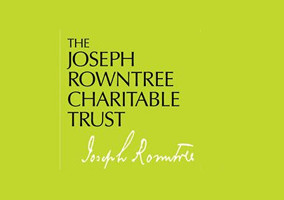At Macmillan Cancer Support we are committed to ensuring every single person diagnosed with cancer, whoever and wherever they are, receives the very best treatment and care. Sadly, this isn’t the case right now. The inequalities which permeate all parts of our society also exist within cancer care. This can lead to differences in the quality and speed of diagnosis, the variety of treatments available, or, worryingly, rates of survival.
We recognise that we too have to challenge ourselves to do whatever it takes to tackle these inequalities, both inside and out of Macmillan.
Recently we launched our Equity, Diversity and Inclusion (EDI) Strategy to set out how - over the next four years – our organisation will work together to develop our leadership and culture, enhance our services and advocacy, and improve how we look and communicate; to ensure everyone with cancer can get the support they need. We know that people with cancer need long-term change, and this strategy will help to guide our actions and ensure that every decision made puts equity and diversity at the heart of our organisation.
Long journey
There’s no denying we’re at the beginning of a long journey to achieve the ambitions set out in our strategy, but I’m proud to say that we are already making progress, from the way we represent our brand to supporting open, honest conversations between colleagues and staff so they feel like they can bring their whole selves to work.
Our newly-created governance framework will oversee the work undertaken to fulfil our strategic objectives and hold our actions accountable. Chaired by me, the structure includes representatives from our board of trustees and our whole executive strategy team.
The delivery of the strategy will be overseen by our Equity, Diversity and Inclusion (EDI) board to ensure that we are making progress across the organisation. Our EDI forum, consisting of the chairs from our employee networks and our EDI and strategic communication teams, will act as a critical friend and sounding board as we move forward with this work.
External facing work
More than this, it’s crucial that the work we do externally inspires and influences what we do internally. A good example of this is an exciting social media project called “Mother Tongue”. This video project features three case studies, joined by their family members, talking about their cancer experiences in their first language.
Mother Tongue aims to share the challenges faced by people of colour in their experiences of cancer. It will further illustrate how language can play an integral role in a person’s experience of care and treatment, right from their home environment and personal interactions through to discriminatory behaviour and poorer access to services and health outcomes.
Projects like these are helping us to identify the barriers we need to overcome to ensure we are telling truly inclusive stories.
Collaboration with others
To progress this further, we’re keen to collaborate more with charities that already serve people with cancer from underrepresented communities.
During the first wave of Covid-19 in the UK, we made some small steps in this area by providing support grants to organisations supporting people from disadvantaged communities as well as people who were isolated or couldn’t access their normal treatment and care as a result of the pandemic.
Through this, our London engagement team organised a grant to help fund the making of Black Men Rising – The Untold Cancer Stories, a podcast which shares stories of men from black communities and their personal experiences of living with cancer.
Other recent projects have involved working with the Turkish community in East London to understand how we can better support people living with cancer in these groups and to establish where their needs lie. This resulted in an event, held in collaboration with the Turkish Cypriot Cultural Association (TCCA) and ran entirely in Turkish, to help raise awareness of local cancer support services and to discuss the issues facing people in the Turkish-speaking community living with cancer.
While this is all a step in the right direction, we still have so much further to go.
This work isn’t easy. We will make mistakes and discover uncomfortable truths along the way. But it is essential and the only way for us to move forward is by knowing that we are doing whatever it takes to support all people living with cancer.
Related articles












